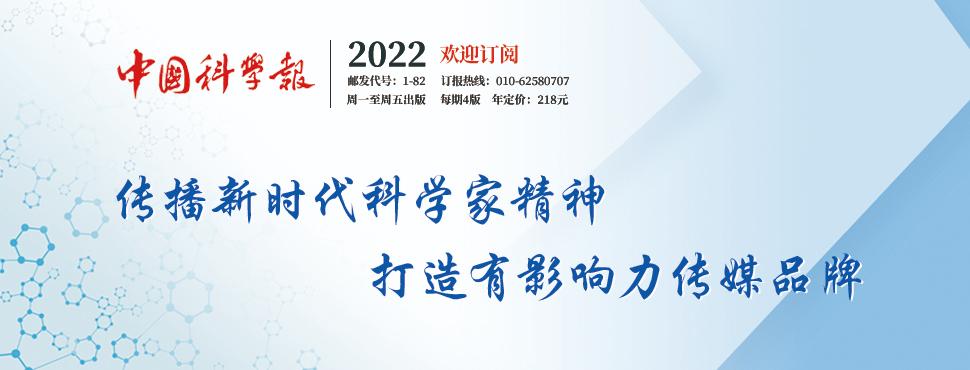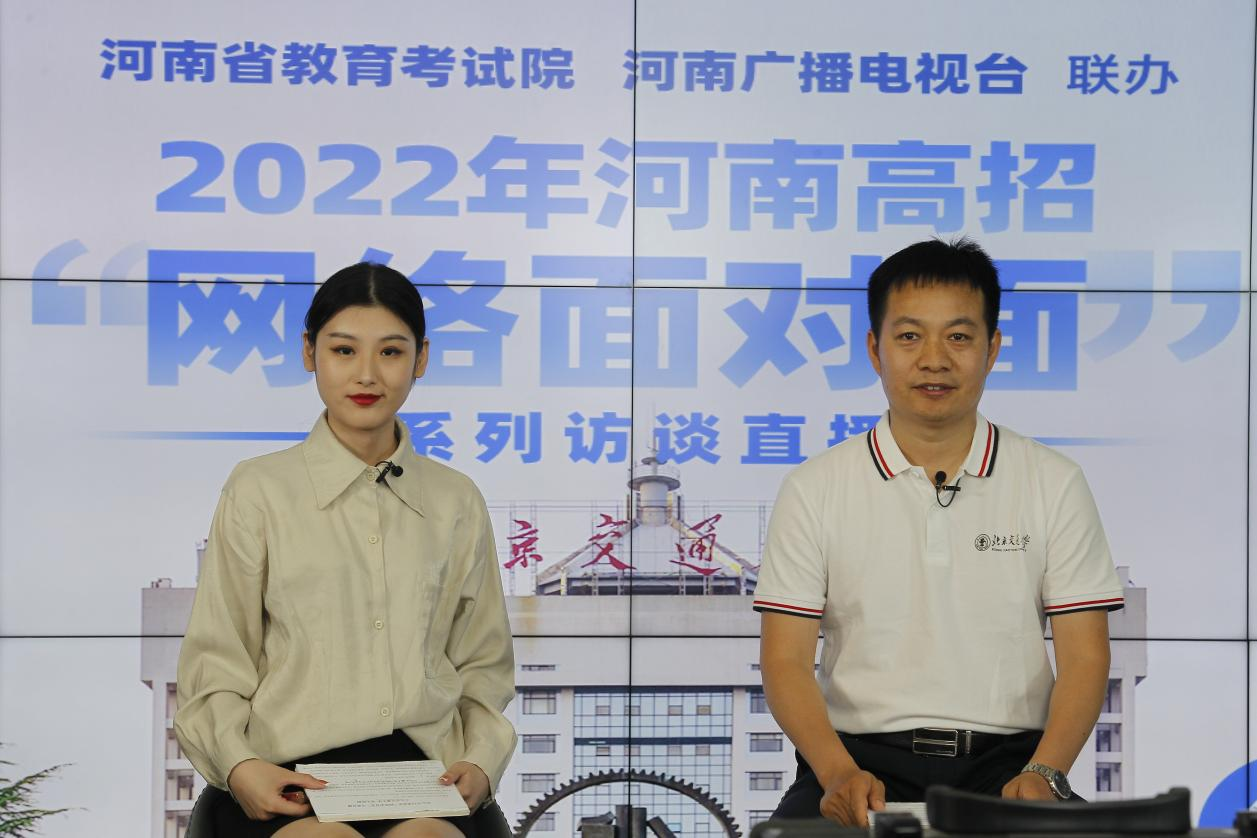Professional graduate training: urgently need to let professional people do professional things
Author:Journal of China Science Time:2022.09.12
Wen | Peng Yue (Associate Professor of Education and Science Research Institute of Huazhong University of Science and Technology)
At present, professional degree graduate education has become an important channel for cultivating high -level practical innovative talents. According to the "Professional Degree Graduate Education Development Plan (2020-2025)" issued by the Degree Committee of the State Council and the Ministry of Education in 2020, by 2025, the scale of master's degree graduate enrollment will be expanded to about 2/3 of the total graduate enrollment scale.
However, the characteristics of professional degree education are not obvious, and the problem of homogeneity of academic degrees still exists, and the way to solve is urgently needed.
After more than 40 years of reform and opening up, advanced enterprises in some industries have reached the front of the university in technology development. They have unique education resources, such as the cutting -edge scenes of knowledge applications, research and development projects for application traction. Industry experts are always in the practice department. They deeply understand the talents and research and development needs of industry companies, and also have the hidden knowledge that many graduate tutors do not have. To a certain extent, their knowledge is updated, lived, and more three -dimensional.
Therefore, these industry experts can put forward the proposal and profound insights on the admissions, training, and evaluation of professional degree graduate students. Let more industry experts participate in talent training, and meet the requirements of "diversified co -governance" in modernization of education governance. Many industry experts have a positive attitude towards participating in professional degree talents.
However, the participation of current industry experts in professional degree graduate training is not ideal.
At the level of macro graduate education management, industry experts' participation in talent training is still in the stage of policy advocacy. Taking the Professional Degree Education Guidance Committee (Education and Independence Committee) as an example, the Teaching and Independent Committee as a professional organization that assisted the competent department to carry out research, consulting, guiding, evaluating, and exchanges and cooperation, and instructing graduate students' practical ability training and strengthening the connection with industry practice departments It should play an important role. However, in the organization, industry experts are representative of serious inscriptions.
According to the list of more than 700 members of the 30 Professional Degree Teaching and Independent Instructions announced in 2021, nearly 80 % of the personnel from higher education institutions; the rest are mostly from the industry authorities and their subordinate research institutions, including industry associations and society. There are only 22 people in the Chamber of Commerce, and only 19 experts from enterprises are directly from enterprises. Industry enterprise experts account for only about 5%.
At the level of micro -training units, the real level and deep production and education integration and education have not blossomed. Industry experts have few opportunities to participate in talent training, less channels, and insufficient platforms. The specific manifestation is that the training of professional degree graduate students lacks instructor guidance from industry enterprises, lacks support of application topics, and leads to the same time as the training model of academic degree graduate training.
There are many reasons for the reason why industry experts have participated in the lack of talent training in the above two levels. For example, the lack of school -enterprise cooperation and the guarantee of the system and mechanism of the integration of production and education, leading to a certain extent, industry experts participating in education are currently only universities' "self -selected actions", not "prescribed actions". For another example, industry experts to participate in talent training require both spiritual incentives, incentives in material, interests and reputation, and a stable participation mechanism. At present, these aspects of work are not satisfactory.
Although there are many reasons, in the final analysis, it is still a problem of insufficient implementation of the concept of open development. In the field of education, the concept of open development means that it cannot be closed in the system. Instead, it is necessary to use all the resources inside and outside the system to develop resources that can have educational influence on students to cultivate talents. Xie Weihe, former vice president of Tsinghua University, pointed out that the reform should solve the problem of relatively closed universities, and it must be more combined with society, countries and enterprises. Professional degree education must have external "demand traction", so the concept of open development is particularly important.
In order to change the insufficient participation of industry experts, the author has the following suggestions.
At the level of macro management, it is necessary to greatly enhance the representativeness of industry enterprise experts in the professional degree teaching committee. Considering the history and reality of graduate education development, the proportion of industry enterprise experts should be increased to more than 30 % in the next ten years.
Since the Teaching and Independence Commission is composed of an expert and responsible person recommended by the competent authorities, industry enterprises and institutions, and degree awarding units, there are defects of "two ends and less middle" in this way. Experts' priority recommendation and guarantee system. At the same time, through standardized and reform working mechanisms, improve the work efficiency of the teaching and finger committee, so that these part -time members can play their due role.
At the level of micro -training, you can focus on the three aspects of teacher employment, subject research and curriculum teaching.
First, colleges and universities need to implement and gradually expand the proportion of "practical professors" to attract special talents with industry enterprise research and development experience and love education. Professor of practice can be full -time or part -time. Do not "academic qualifications" attract talents, so that these "practical professors" can bring the realistic topics of industry companies into the course teaching and practical training of graduate students, and improve the application and professionalism of professional degree education. This can greatly change the disadvantages of professional degree education lack of application scenarios. At present, a few domestic universities have begun to implement a "practical professor" system, and in the future, they need to be promoted in all the categories of professional degrees.
Second, build a professional degree school -enterprise cooperation training model for the application of industry enterprise application topics. You can imitate the special plan of the "Scientific Research Funding System" in the doctoral enrollment, and establish a professional degree enrollment plan wholly -owned by tutor application topics, and do not occupy the number of national plans. Because the application topic itself requires the cooperation between mentors and industry enterprise experts. In this way, it can naturally allow industry experts to participate in practical talent training to achieve innovation of an open talent training model. Third, establish a graduate curriculum teaching system for cooperative industry enterprises. Taking the Optical Engineering Discipline of Huazhong University of Science and Technology as an example, this discipline has built courses shared by disciplines and industries, and jointly built eight courses such as "optical communication and optical exchange technology" and "broadband light access network" with leading enterprises. Cooperation to explain the frontiers of technology for graduate students; also launched the "Public Course of Photonics" activities, launched for graduate students and enterprise R & D personnel, and held more than 100 issues, attracting more than 1 million professional audiences. The industry -leading experts have participated in the teaching of graduate curriculums and have played a good effect.
(This article is the research results of the Institute of “Double First -class" Construction Platform and Graduate Education of Huazhong University of Science and Technology)
"China Science News" (2022-09-06 The 3rd edition of the 3rd edition of the original title "Let more industry experts participate in professional degree graduate training")
Edit | Zhao Lu
Capture | Zhihai

- END -
Beijing Jiaotong University enrolled 249 students Zhan Tianyou "3+5" this blog pilot class for the first time this year passed the college entrance examination for the first time

Elephant reporter Wang Shaoqing Zhou LanHosted by the Henan Provincial Education E...
"Internet+" vocational education, can people's livelihood education overtake?

Picture source: Oriental ICRecently, Minsheng Education released its mid -term per...